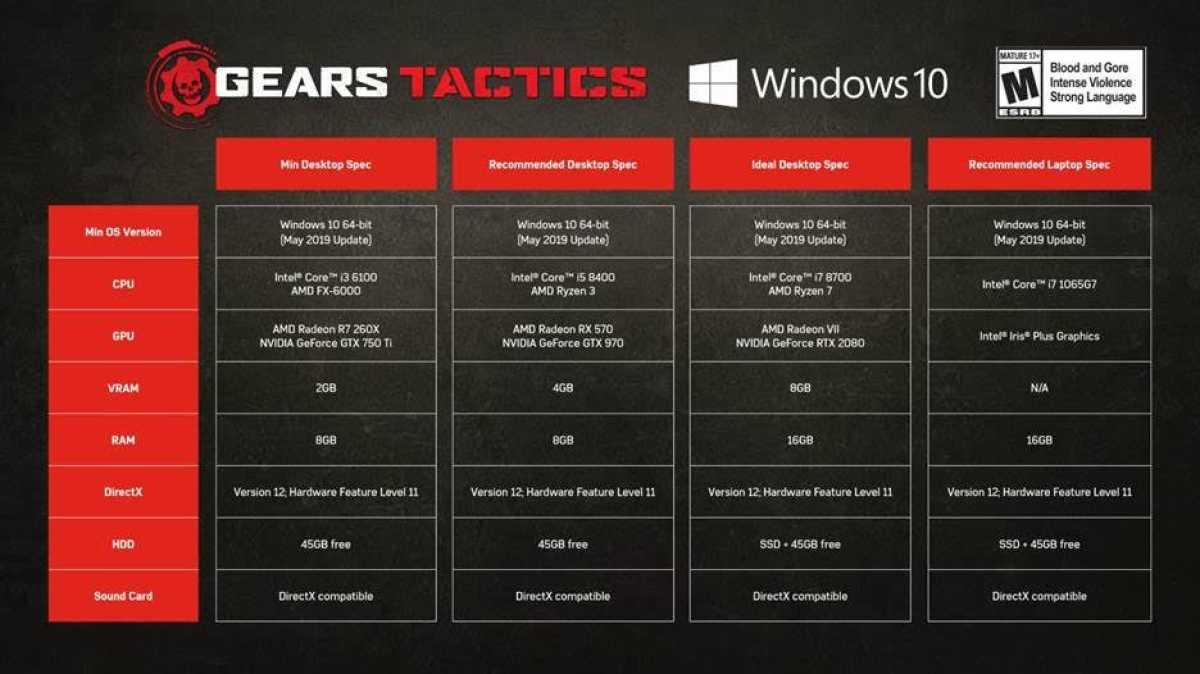People
Who is Rick Perry? A Comprehensive Rundown

Table of Contents
- 1. Introduction
- 2. Early Life
- 3. Political Career
- 4. Governor of Texas
- 5. Energy Secretary
- Key Takeaways
- Facts about Rick Perry
- Frequently Asked Questions
1. Introduction
Rick Perry is an American politician who has held several prominent positions in both state and federal government. Serving as the Governor of Texas for a record-breaking 14 years and later as the United States Secretary of Energy, Perry has left a significant impact on American politics.
2. Early Life
Rick Perry was born on March 4, 1950, in Haskell, Texas. He grew up in a small farming community and attended Texas A&M University, where he graduated with a degree in animal science in 1972. Perry’s interest in politics began during his time at college, where he was elected as a student senator and later served as the yell leader of Texas A&M, a prestigious position with significant influence.
3. Political Career
Perry officially entered politics in 1984 when he was elected to the Texas House of Representatives, representing a district in West Texas. He served in the Texas House for six years before being elected as the Commissioner of Agriculture in 1990. Perry’s tenure as Agriculture Commissioner was marked by his efforts to promote Texas agricultural products and expand international trade.
4. Governor of Texas
In 2000, Perry became the Governor of Texas after his predecessor, George W. Bush, was elected as President of the United States. Perry went on to win three consecutive gubernatorial elections, making him the longest-serving Texas governor in history. During his tenure, Perry focused on promoting economic development, implementing conservative policies, and emphasizing the importance of limited government.
5. Energy Secretary
In 2017, President Donald Trump nominated Perry as the United States Secretary of Energy. As the head of the Department of Energy, Perry was responsible for overseeing energy policy and research activities related to nuclear energy, fossil fuels, and renewable energy sources. He played a vital role in shaping the country’s energy strategy and ensuring the security of the nation’s energy resources.
Key Takeaways
Rick Perry is a prominent American politician who served as the Governor of Texas for 14 years and later as the United States Secretary of Energy. His political career spans several decades, during which he focused on promoting economic development, conservative policies, and limited government.
Facts about Rick Perry
Here are some interesting facts about Rick Perry:
- He is the longest-serving governor in Texas history, holding office for 14 years.
- Perry ran for the Republican presidential nomination in 2012 and 2016.
- He is known for his cowboy boots and often wears them during public appearances.
- Perry served in the United States Air Force before entering politics.
- He is an advocate for the oil and gas industry and supports increased domestic energy production.
Frequently Asked Questions
Q: What is Rick Perry doing now?
A: After leaving his position as the United States Secretary of Energy, Perry returned to Texas and has been involved in various business ventures. He remains an influential figure in Republican politics and occasionally provides commentary on current affairs.
Q: Did Rick Perry have any controversies during his political career?
A: Yes, one notable controversy surrounded Perry’s indictment on charges of abuse of power in 2014. However, the charges were ultimately dismissed, and Perry maintained his innocence throughout the legal proceedings.
Q: Does Rick Perry have any future political ambitions?
A: While Perry has not publicly announced any specific plans to run for office again, he has not ruled out the possibility of seeking political office in the future.
Overall, Rick Perry’s extensive career in politics has left a lasting impact on Texas and the nation as a whole. From his time as Governor of Texas to his role as Energy Secretary, Perry has demonstrated a commitment to conservative principles and a focus on economic growth and energy security.












